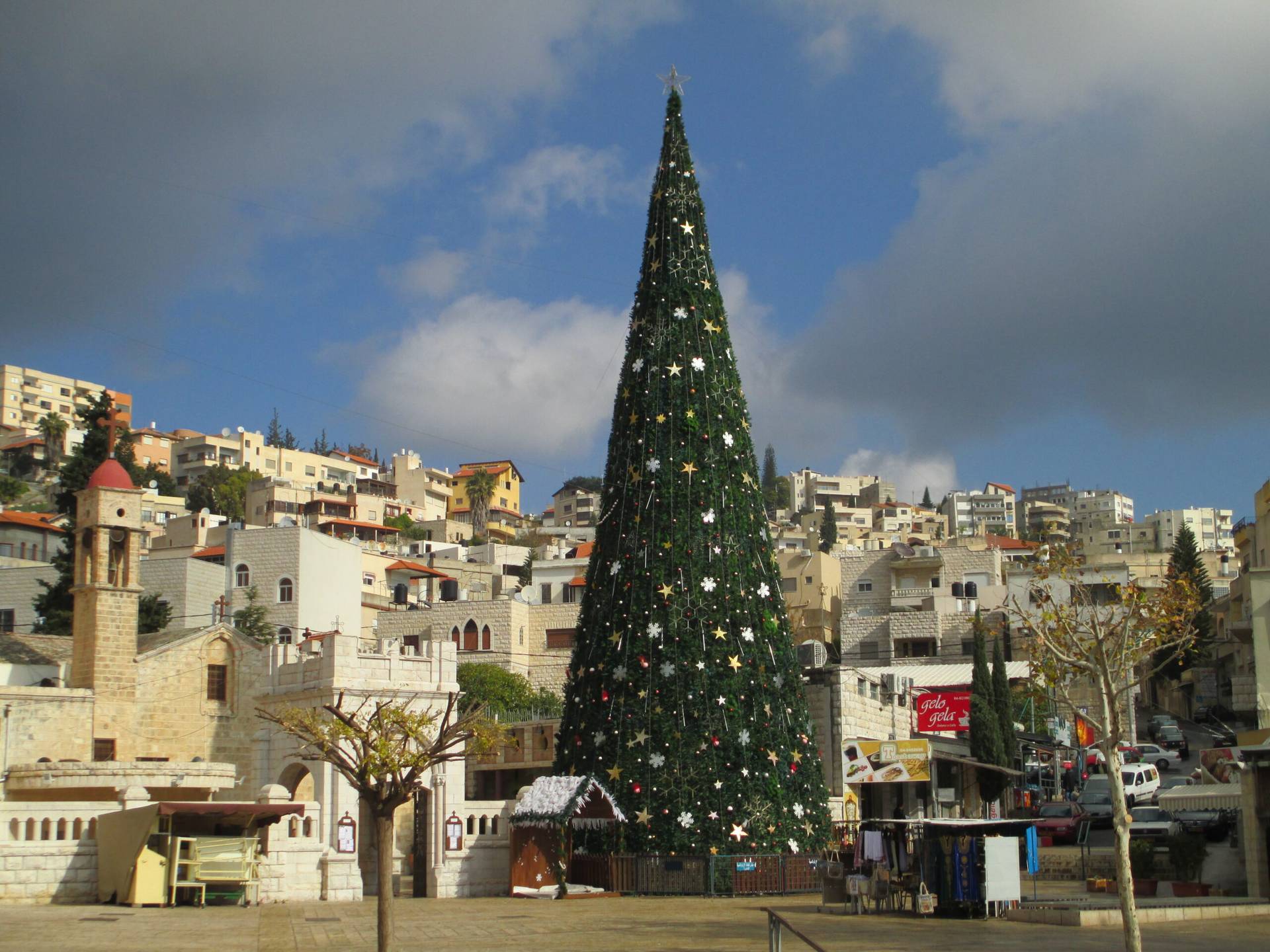ROME — Pope Francis signaled Monday that Europe’s refugee crisis will be a top political and diplomatic priority for the Vatican in 2016, using an annual speech to diplomats accredited to the Vatican to urge “assistance and acceptance” for massive waves of migrants arriving today on the Old Continent.
He also indicated that American immigration debates are on his radar screen, mentioning that he’ll soon be visiting the Mexico/US border to call attention to what he called a “dramatic situation” there.
In his 4,000-word address, Francis called on the world to hear “the plea of the thousands who weep as they flee wars, hunger, persecution, political and social instability, and martyrdom solely on account of their religion.”
“How can we not see in all this the effects of that ‘culture of waste’ which endangers the human person, sacrificing men and women before the idols of profit and consumption?” Francis asked.
“Persons are no longer seen as a paramount value to be cared for and respected, especially when poor or disabled, or ‘not yet useful’, like the unborn, or ‘no longer needed,’ like the elderly,” he said.
Flexing some of the political muscle he’s developed over the past three years, Francis told the ambassadors that the Vatican is counting on the United Nations’ World Humanitarian Summit, scheduled for May, to succeed in “placing the person and human dignity at the heart of every humanitarian response.”
The speech, also known as the pope’s state of the world address, is generally considered the pope’s most important foreign policy talk of the year.
The Holy See has diplomatic relations with 180 nations and the European Union, as well as special observer status at the United Nations and in more than a dozen other governing bodies.
Virtually all were represented at the pope’s speech, given in the Sala Regia of the Vatican’s Apostolic Palace.
A son of immigrants, the Argentine pontiff has been a voice for migrants since early on in his pontificate. Last year, he asked for every parish and religious institution in Europe to welcome a migrant family, providing shelter, food, and help with their integration into society.
Francis showed that he’s not deaf to the alarms voiced across Europe regarding the crisis, in which more than a million people arrived on the continent from the Middle East, Asia, and Africa in 2015 alone.
The immense influx, Francis told the ambassadors, creates real questions about security and terrorism, changes in the cultural and social structures of the receiving countries, and regional geopolitical balances.
However, he added that he’s convinced Europe has the capacity to find a balance between “its twofold moral responsibility to protect the rights of its citizens and to ensure assistance and acceptance to migrants.”
The pope also said that seeing the magnitude of the problem, there’s no solution at the level of individual countries, and called for all the nations involved — “countries of origin, transit, or reception” — to engage in a “frank and respectful” dialogue.
Francis added that the crisis can be an opportunity for new understanding and broader horizons, calling for those accepted to respect the values, traditions, and laws of the welcoming community, and for those accepting to acknowledge the beneficial contribution each migrant can make.
Although most of Pope Francis’ speech was devoted to the European migrant crisis, he also touched on a host of other issues, including the peace process in Colombia, the need to protect the environment, persecution of Christians in the Middle East, human trafficking, and the conflict in Ukraine.
One topic was the family, a subject he’ll address again in a document expected to outline his conclusions about the recent bishops’ synods.
Francis said challenges facing families are numerous, as it’s “threatened by growing efforts on the part of some to redefine the very institution of marriage by relativism, by the culture of the ephemeral, by a lack of openness to life.”
(The pontiff was actually quoting himself, from an address he delivered in the Philippines last January. At the time, a Vatican spokesman confirmed that, at least in part, the pope had same-sex marriage in mind.)
In an almost bullet-point manner, Francis ticked off several accomplishments of the Vatican’s bilateral relations in 2015:
- Fiscal agreements reached with Italy and the United States, to promote transparency and combat corruption.
- Pacts aimed at regulating the Church’s life and activity in different countries, such as the Democratic Republic of East Timor.
- A similar agreement signed and ratified with what the Vatican recognizes as the “State of Palestine.”
When referring to a memorandum signed between the Vatican’s Secretariat of State and Kuwait, Francis made an appeal for religious freedom, saying that it leads to peaceful co-existence between followers of different faiths.
“For that matter, every authentic practice of religion cannot fail to promote peace,” Francis told the ambassadors. “Those who claim to believe in God must also be men and women of peace and consequently of mercy, for one may never kill in the name of God.”
“Only a distorted ideological form of religion can think that justice is done in the name of the Almighty by deliberately slaughtering defenseless persons, as in the brutal terrorist attacks which occurred in recent months in Africa, Europe, and the Middle East,” the pope said.
Francis also made an appeal on behalf of Christians in the Middle East, facing lethal threats today from the rise of ISIS.
“My thoughts turn to the Christians of the Middle East, who desire to contribute fully as citizens to the spiritual and material well-being of their respective nations,” he said.

















